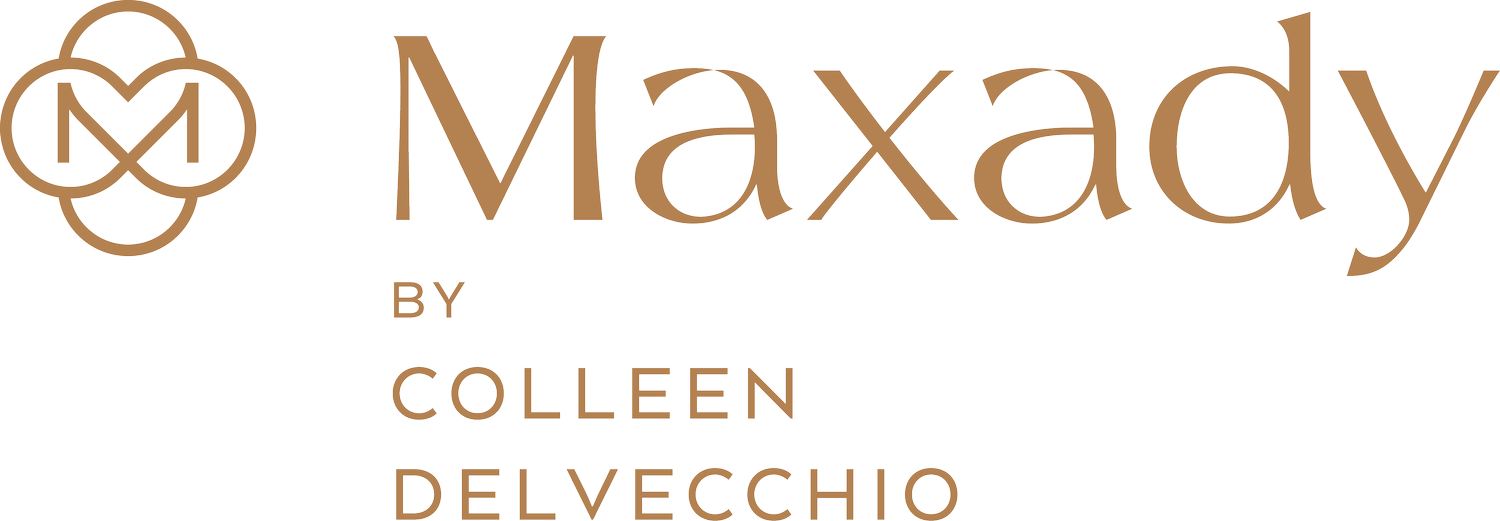Finding a Mentor in 2025
I've always been a proponent of having a coach or mentor at every stage of your career. My coaches and mentors have helped me clarify my goals and map strategies for achieving them. As a coach, I often get asked what's the difference between the two.
A mentor is typically someone with more experience in your field or area of interest who offers guidance, advice, and wisdom based on their own experiences. As Kristine and I often talk about on the Embrace the Squiggle podcast, a mentor can be older OR younger than you. It's about their experience in one particular area that you are looking for some help with.
A coach is a professional trained to help you achieve specific goals by focusing on personal growth, performance, and transformation, regardless of their experience in your field.
Advice vs. Facilitation: Mentors share advice from their experiences; coaches facilitate your discovery of solutions.
Field Expertise: Mentors often have direct experience in your industry; coaches don’t need industry-specific knowledge.
Structure: Coaching is structured with defined goals; mentoring is often more flexible and informal.
Accountability: Coaches hold you accountable for your progress through regular check-ins and measurable outcomes; mentors may not actively track your progress.
Which One Should You Choose?
If you’re looking for:
Guidance based on experience in your field: Go for a mentor.
Self-discovery, goal achievement, and overcoming challenges: Work with a coach.
How to Find a Mentor or Coach
Mentor:
Look in your existing network: Places like college alumni associations, professional organizations and your employer (often through the human resources department or employee resource groups) often have organized mentor programs
Join communities where potential mentors are: Look into industry groups related to your field, follow leaders on LinkedIn, join groups on LinkedIn, join a Slack channel for your industry, reach out to podcast hosts, or connect with speakers at conferences.
DO NOT ask: Will you be my mentor?" Instead, send a quick message with something like "I really admire your work in [specific area]. I’d love to learn from you—could I buy you a coffee or set up a quick call to get your advice?"
Coach:
Start by thinking about what it is that you need a coach to help you with.
Ask colleagues, friends or family members if they’ve worked with a great coach.
Book a discovery call – Many coaches offer free consultations. Ask about their coaching style and methodology and success stories with clients similar to you.
Did you know that the team at Maxady has 9 coaches? You can read them here or schedule a quick consultation here.
Some people benefit from both, as mentors can provide context-specific insights, while coaches enhance your broader development and execution. Both relationships can be transformative when chosen and utilized intentionally.
